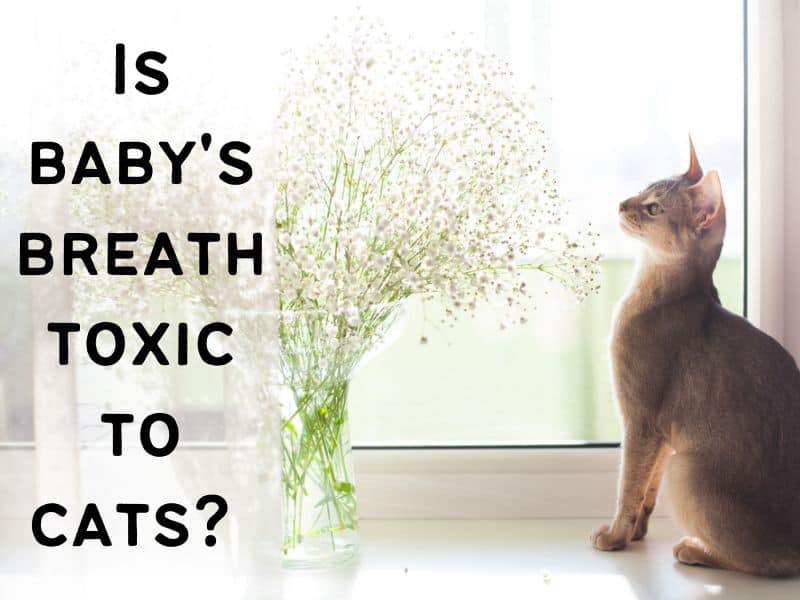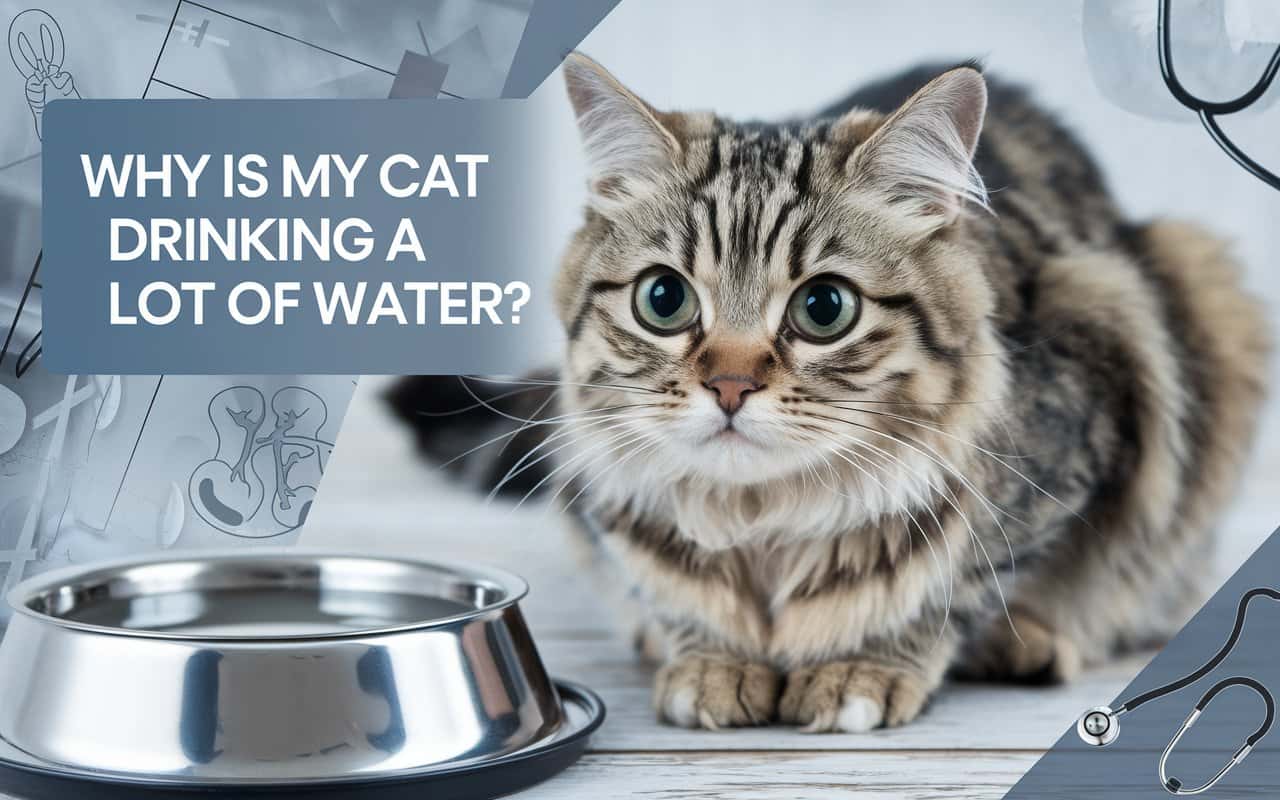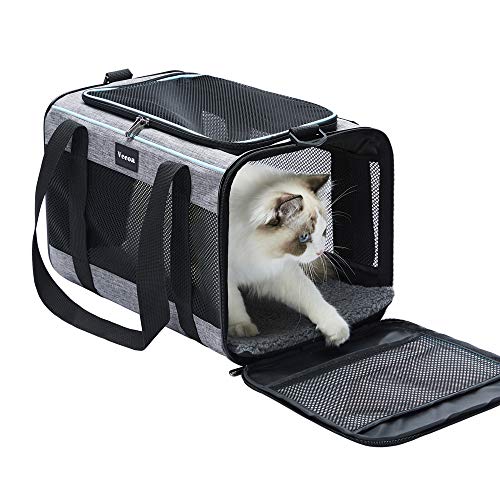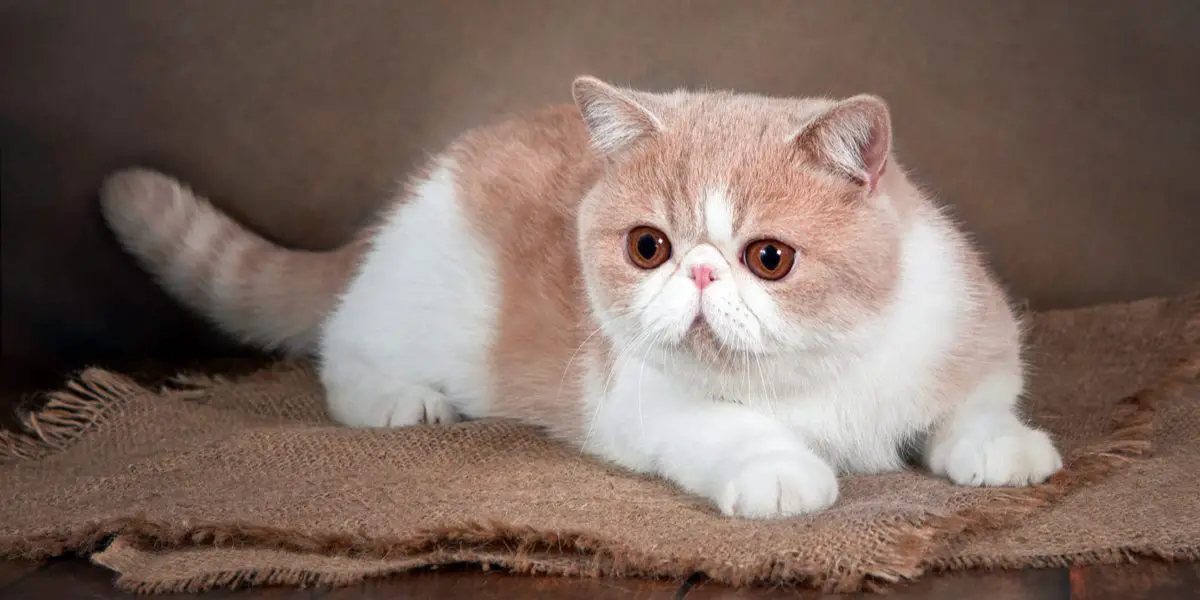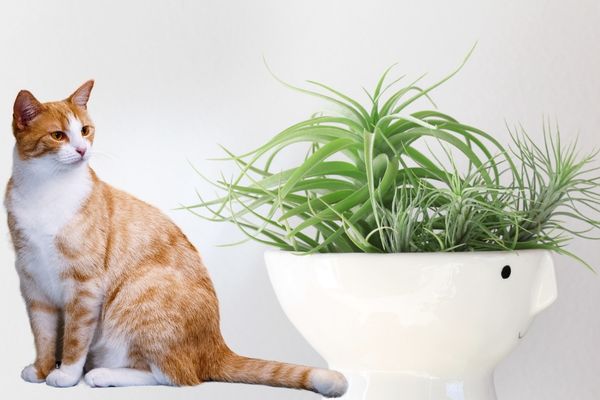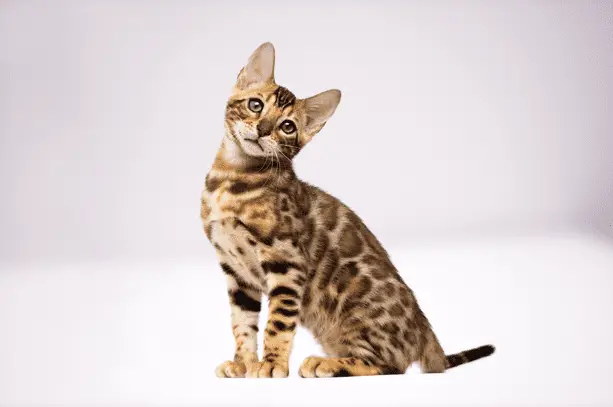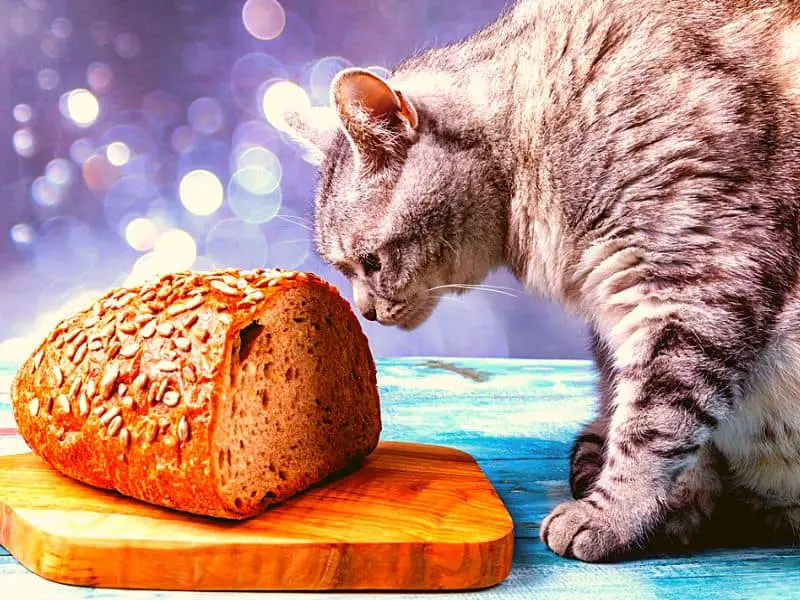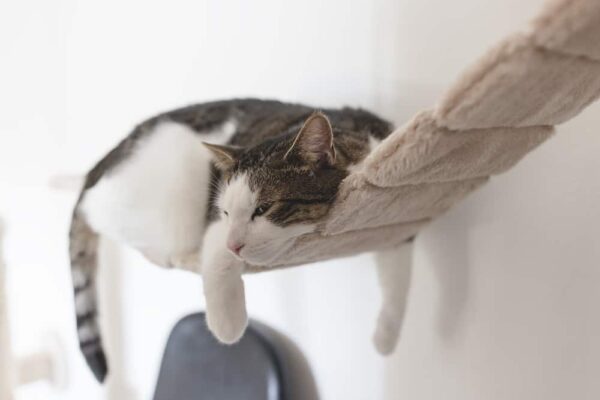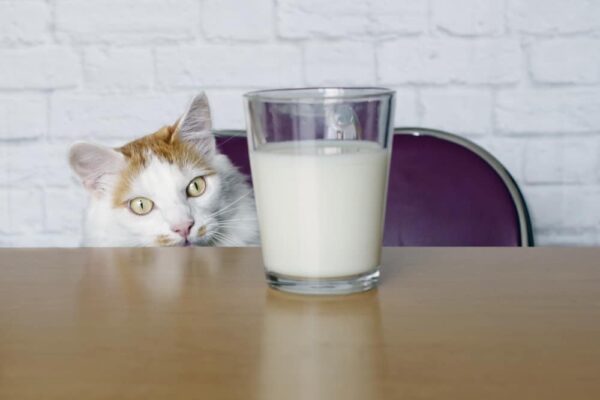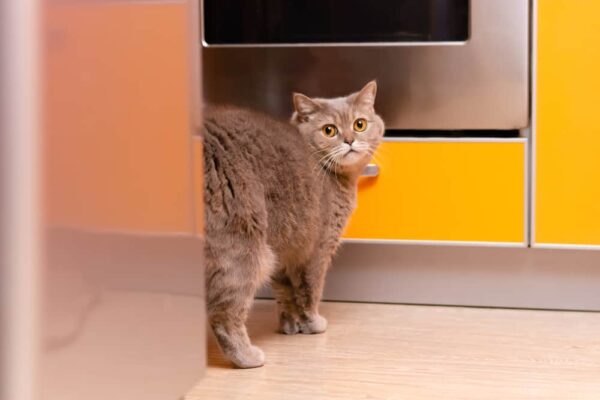Baby’s breath (Gypsophila paniculate) is a fascinating small flower species). Maybe your baby’s breath much and produce it in your garden. At the same time, you have a feline friend at your home. So, it is normal that your cat might go to the baby’s breath flower from curiosity. Sometimes, your cat tries to eat the baby’s breath. But is baby’s breath toxic to cats?
Table of Contents
ToggleAccording to the ASPCA (American Society for the Prevention of Cruelty to Animals), Baby’s breath is mildly toxic to cats. So, keeping your cat away from baby’s breath flower is recommended.
We organized these contents with-
- What is a baby’s breath flower?
- Is baby’s breath toxic to cats?
- What are the symptoms after your cats take their baby’s breath?
- Why are cats attracted to babies’ breath?
- What to do if a cat eats a baby’s breath
- How to prevent your cat from baby’s breath flower?
Are you own a cat and baby’s breath plant or bouquet? Then the next section is for you.
What is a baby’s breath?
Baby’s breath is a small flower species from the Caryophyllaceae family and Gypsophila genus. This flower is found in different parts of Asia, Europe, America and Africa. Its use in bouquets, headbands, and vases has become very popular in combination with roses. But it is mostly used for a baby shower gift. That’s why this flower got the baby’s breath name.
Is baby’s breath toxic to cats?
Baby’s breath is mildly toxic to cats. There is no life risk for a cat from a baby’s breath flower. If your cat eats a substantial amount of baby’s breath flower, it will feel uncomfortable and disturbing to the stomach. Taking a baby’s breath, a cat can get affected by gastrointestinal tracts.
The baby’s breath and another species of the Gypsophila family contains a mild toxic component named gyposenin, Saponin. This saponin component also causes cat’s throat and digestive tract irritation.
Here's a related post that you might find useful. How to Create a Stylish Cat-Friendly Living Space: Ultimate Guide
What are the symptoms after your cats take a baby’s breath?
There have some common symptoms of an upset gastrointestinal tract. You can notice those symptoms easily. But be sure that eating a baby’s breath is not life-threatening for your cat.
The common symptoms of eating baby’s breath are vomiting, anorexia, loss of appetite, lethargy and diarrhoea. So, observe your cat when it takes a baby’s breath plant or flower. If you suspect symptoms, go to a vet to consult about the primary treatment.
Why are cats attracted to babies’ breath?
Cats are attracted to babies’ breaths for a variety of reasons. The most plausible reason is that cats like Baby’s breath flowers fragrant. Another possible reason is that cats instinctively want to eat Baby’s breath. We have a mildly toxic plant called Baby’s breath, but it is simply a grass or herb to the cats. Cats always try to eat some leaves or grass for their better digestive system. Maybe a cat eats a baby’s breath plant or flower as a general herb.
What to do if a cat eats a baby’s breath?
It is not life-threatening if your cat eats a baby’s breath. But you can take some primary steps to ensure that your cat has eaten the baby’s breath plant or flower. Generally, a cat might be sick from GI tracts. So, we mention a cat’s common and crucial steps after eating a baby’s breath.
- Keep an eye on your cat for a few hours to monitor its physical condition
- Note the cat for any diarrhoea, vomiting, salivation, or skin irritation
- Notice that if your cats have any unusual behaviour or agitation
- If you suspect any of the problems mentioned above, first give your cat to drink of water
- If possible, take some pictures or videos of your cat’s behavior
- Go to an expert vet to consult about the further steps for your cat
- Give medication or treatment to your cat according to the vet’s prescription.
Here's a related post that you might find useful. Do Siamese cats shed? The shedding reasons and solution
How to prevent your cat from baby’s breath flower?
Spray Bottle:
Keep a spray bottle near your garden. Fill the bottle with clean water. Then keep an eye on your cat when it tries to get closer to the baby’s breath plant. Then spray some water on the cats. Cats generally don’t like to get wet. So, your cat will avoid eating the baby’s breath when you spray. It is an efficient way to keep your cat away from the baby’s breath. But the downside of this method is that it is only possible when you stay near the cat and baby’s breath plant.
Repellent Spray:
There has some repellent spray on the market. You can discourage your cat by spraying some repellent water. Spray some repellent around the baby’s breath plant and take your cat near the plant. Do these few days continuously. You will wonder if this trick works like magic. After some days, your cat will automatically avoid going near to baby’s breath plant.
A layer of Pebbles:
Sometimes, cats try to dig soil from the baby’s breath roots. Due to pee or potty, a cat can do this. In the meantime, the cat can try to eat the baby’s breath plant and flower. In this case, you can create a layer of pebbles. Pebbles will prevent your cat from digging baby’s breath root.
Change Of Location:
Changing your baby’s breath plant location away from your cat would be great. There have several cheap fence options for gardening. You can use a stronger mesh fence. A fence can protect a baby’s breath plants. Besides, hanging tubs and transparent glass can solve this problem better.
FAQs:
- What flowers are toxic to cats?
Here are some flowers that are toxic to cats. Because these are tested as toxic flowers for cats, if you are a cat lover and love to plant or have these flowers, then maintain some caution. The best practice is to keep your cat away from these flowers.
- Baby’s Breath
- Chrysanthemum
- Poinsettia
- Azalea
- Lily
- Tulips
- Daisy
- Daffodil
- Is a baby’s breath poisonous to animals?
Yes, a baby’s breath is mildly poisonous to animals like cats, dogs, horses and more. A Baby’s breath contains a mild poisonous component, Saponin. It can cause gastrointestinal problems in the animal digestive system.
Final words:
Is baby’s breath toxic to cats? Yes, it is mildly toxic to cats. Remember that baby’s breath is not life-threatening to cats. But there might have several gastrointestinal problems in the cat’s digestive system when it takes a baby’s breath plant or flower. You should take proper steps to protect your cat from the baby’s breath.

